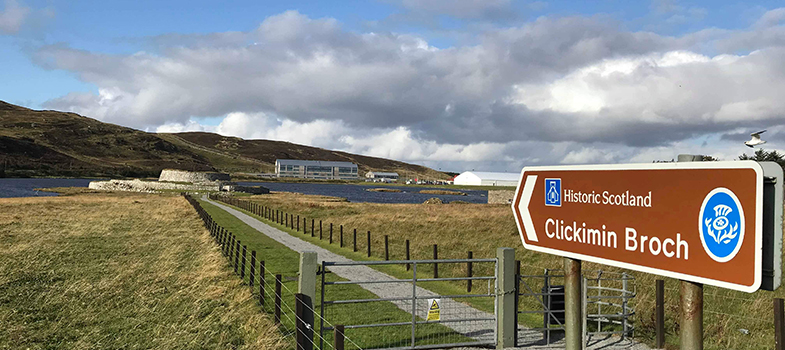11.6 What I have learned
Activity 10
Before finishing your work on this unit, please revisit what you worked on in Activity 1, where we asked you to take some notes on what you already knew in relation to the key learning points of the unit.
Compare your notes from before you studied this unit with what you have learned here and add to these notes as you see fit to produce a record of your learning.
Here are the key learning points again for you as a reminder:
- what the Scots language is, and why it is considered a language in its own right
- how Scots emerged as the official language of the state during the Middle Ages; the poetic and literary ‘high culture’ associated with the language during the Middle Ages
- the use of Scots during Renaissance and Reformation times
- the changing fortunes and status of Scots during the 17th and 18th centuries, including linguistic Anglicisation and the 18th century ‘Vernacular Revival’
- the perseverance of the Scots language during the 19th and 20th centuries.
11.5 The Scots language in the 19th and 20th centuries
